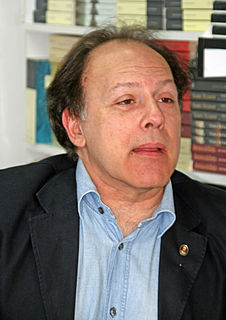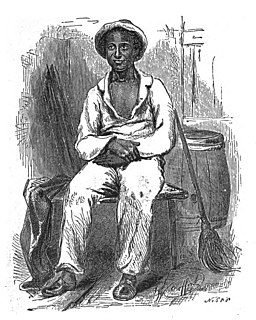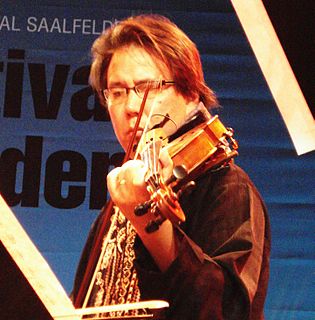A Quote by Galileo Galilei
Vision, I say, is related to light itself. But of this sensation and the things pertaining to it, I pretend to understand but little; and since even a long time would not suffice to explain that trifle, or even to hint at an explanation, I pass over this in silence.
Related Quotes
Where there is light, there must be shadow, where there is shadow there must be light. There is no shadow without light and no light without shadow.... We do not know if the so-called Little People are good or evil. This is, in a sense, something that surpasses our understanding and our definitions. We have lived with them since long, long ago-- from a time before good and evil even existed, when people's minds were still benighted.
I have a tendency to want to understand everything people say and everything I hear, both at work and outside, even at a distance, even if it’s one of the innumerable languages I don’t know, even if it’s in an indistinguishable murmur or imperceptible whisper, even if it would be better that I didn’t understand and what’s said is not intended for my ears or is said precisely so I won’t understand it.
There are many aspects of time we just do not understand. That’s the thing about writing a popular book: You realize the things you understand because for those you can give a really simple explanation. But some things about time I just don’t know how to give simple explanations for, even though I can tell you mathematically what’s going on.
It is the duty of the human understanding to understand that there are things which it cannot understand, and what those things are. Human understanding has vulgarly occupied itself with nothing but understanding, but if it would only take the trouble to understand itself at the same time it would simply have to posit the paradox.





































